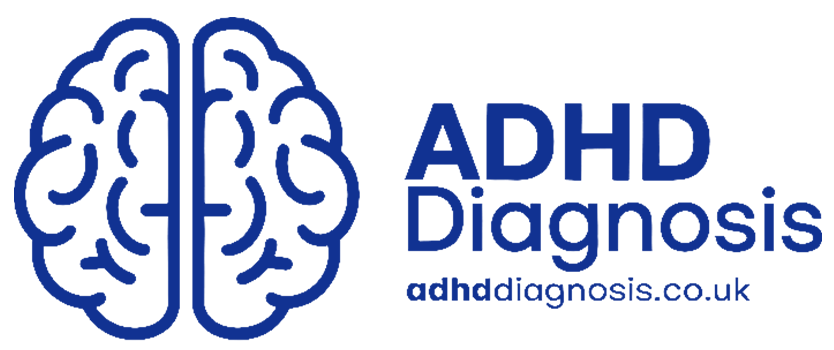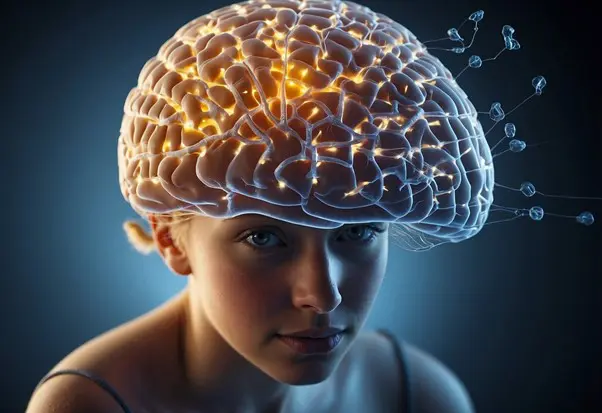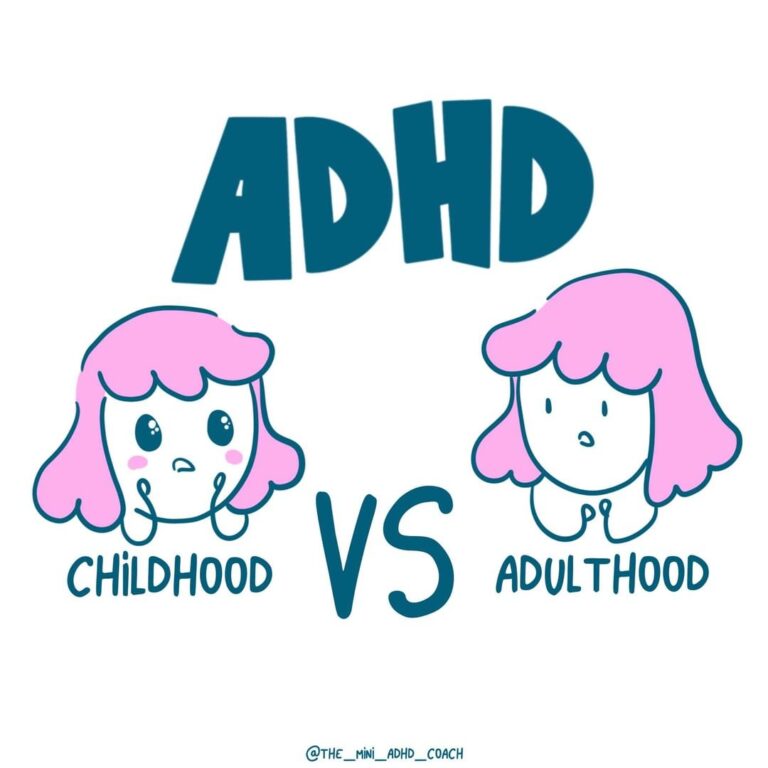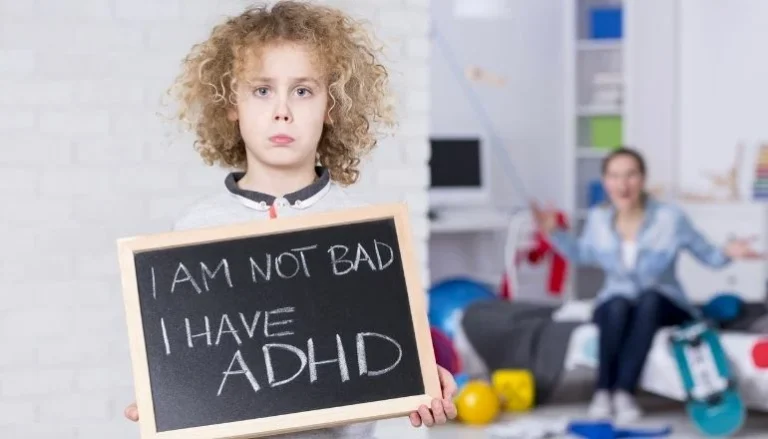Introduction
Attention Deficit Hyperactivity Disorder (ADHD) is a complex neurological condition that affects millions of children and adults worldwide. While it’s often associated with symptoms like inattention, hyperactivity, and impulsiveness, the root cause lies in how the brain functions and processes information. Understanding how ADHD impacts the brain can help demystify the condition and lead to better management strategies.
In this deep dive, we’ll explore the brain regions involved, the role of neurotransmitters, and how these differences influence behaviour.
What is ADHD?
ADHD is a neurodevelopmental disorder characterised by persistent patterns of:
✅ Inattention – Difficulty focusing and sustaining attention
✅ Hyperactivity – Excessive movement and difficulty staying still
✅ Impulsivity – Acting without thinking or considering consequences
Research shows that ADHD stems from differences in brain structure, activity levels, and chemical balance. Let’s take a closer look at how the ADHD brain works differently.
1. Key Brain Regions Affected by ADHD
ADHD is linked to differences in several critical brain areas involved in attention, behaviour regulation, and emotional processing:
🧠 Prefrontal Cortex (PFC) – The Brain’s Control Centre
- The PFC, located at the front of the brain, controls executive functions such as:
- Focus and attention
- Impulse control
- Decision-making
- Emotional regulation
👉 In individuals with ADHD, the PFC is often underactive or less developed, which explains why people with ADHD struggle with staying organised and making decisions.
🧠 Basal Ganglia – Regulating Movement and Reward
- The basal ganglia play a role in:
- Motor control
- Habit formation
- Motivation and reward processing
👉 In ADHD, the basal ganglia are often smaller, which may contribute to hyperactivity and difficulties with motivation and task completion.
🧠 Amygdala and Hippocampus – Emotional and Memory Processing
- The amygdala is involved in emotional regulation.
- The hippocampus helps with memory formation and retrieval.
👉 Reduced size and activity in these areas may explain the emotional outbursts and forgetfulness common in people with ADHD.
🧠 Anterior Cingulate Cortex (ACC) – Conflict Monitoring and Error Detection
- The ACC helps detect errors and manage conflicts.
- It plays a key role in adapting behaviour based on feedback.
👉 Impaired function in the ACC can lead to impulsivity and difficulty adjusting behaviour.
2. The Role of Neurotransmitters in ADHD
Neurotransmitters are chemical messengers in the brain that regulate mood, attention, and motivation. ADHD is closely linked to imbalances in two key neurotransmitters:
🔬 Dopamine – Motivation and Reward
- Dopamine helps regulate mood, motivation, and focus.
- People with ADHD often have lower levels of dopamine, leading to:
- Poor motivation
- Difficulty focusing on long-term tasks
- Seeking out stimulation to increase dopamine levels
👉 This explains why people with ADHD may procrastinate or prefer instant rewards over long-term goals.
🔬 Noradrenaline (Norepinephrine) – Attention and Alertness
- Noradrenaline affects attention and responsiveness to stimuli.
- Low levels of noradrenaline contribute to:
- Poor focus
- Reduced attention span
- Sensitivity to distractions
👉 Stimulant medications like Ritalin work by increasing dopamine and noradrenaline levels, improving focus and impulse control.
3. How ADHD Affects Cognitive and Emotional Functioning
ADHD impacts various mental and emotional processes, making everyday life more challenging.
🧩 Executive Dysfunction
- Trouble with planning, organising, and completing tasks.
- Difficulty following instructions and meeting deadlines.
🌪️ Emotional Regulation Issues
- Strong emotional responses to minor setbacks.
- Trouble calming down after emotional outbursts.
🚀 Hyperfocus and Task Switching
- Ironically, people with ADHD can experience “hyperfocus” — an intense state of concentration on a single task.
- However, shifting focus to a new task can be difficult.
4. Structural and Functional Brain Differences
Research using brain imaging (MRI and fMRI) shows clear structural differences in the ADHD brain:
✅ Smaller brain volume – Particularly in the prefrontal cortex and basal ganglia.
✅ Delayed brain maturation – The brain’s development can be 2–3 years behind neurotypical peers.
✅ Weaker connectivity – Reduced communication between brain regions involved in attention and impulse control.
👉 These structural and functional differences explain why ADHD symptoms often persist into adulthood.
5. How to Manage ADHD Symptoms
While ADHD cannot be “cured,” it can be effectively managed with a combination of treatments:
💊 Medication
- Stimulants (e.g., Ritalin) increase dopamine and noradrenaline levels.
- Non-stimulants (e.g., atomoxetine) can also help with focus and impulse control.
🧠 Behavioural Therapy
- Cognitive Behavioural Therapy (CBT) helps with organisation, task completion, and emotional regulation.
🏃 Lifestyle Adjustments
- Regular exercise increases dopamine and noradrenaline levels naturally.
- Mindfulness and meditation improve emotional regulation.
- Sleep hygiene enhances focus and energy levels.
6. ADHD and Brain Plasticity – The Hope for Change
The brain is capable of changing and adapting—a concept known as neuroplasticity.
- With consistent therapy, medication, and lifestyle changes, the ADHD brain can form new neural connections.
- This means individuals with ADHD can strengthen focus, emotional regulation, and executive function over time.
👉 The key is early intervention and a personalised approach to treatment.
Conclusion
ADHD is more than just being easily distracted or hyperactive—it’s a complex brain-based condition involving differences in brain structure, chemical balance, and neural connectivity. By understanding how ADHD affects the brain, we can reduce stigma, improve treatments, and empower individuals with ADHD to succeed in all areas of life.
Need Help with ADHD?
If you suspect that you or someone you know might have ADHD, it’s important to seek professional guidance. Early diagnosis and treatment can significantly improve focus, emotional regulation, and overall quality of life.
👉 Book an ADHD assessment with ADHDDiagnosis.co.uk to take the first step towards understanding and managing ADHD effectively.






